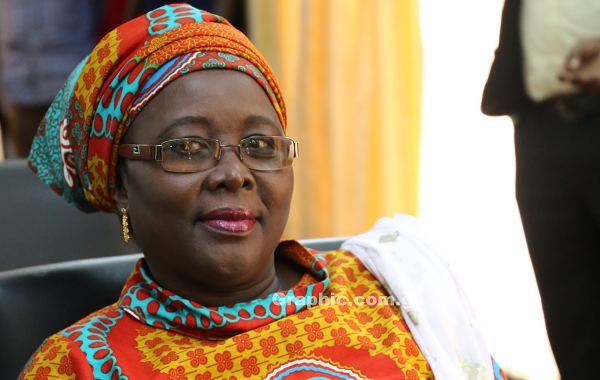The Assembly Member for the Lower Bobikuma Electoral Area in the Agona West Municipality, Mr Frank Yeboah, has stated that the government’s new guidelines in the disbursement of the District Assembly’s Common Fund(DACF) will cripple the activities of Metropolitan, Municipal, District Assemblies(MMDAs) across the country.
According to him, per the guidelines, only a paltry 20 per cent of the quarterly allocation was available to the MMDAs for developmental purposes, which was woefully inadequate and would eventually stifle the progress of all district assemblies.
Interview
‘It appears, henceforth, all development projects would come directly from the central government, thereby taking away the power of district assemblies to decide on its own development,’ he told the Daily Graphic in an interview at Agona Swedru.
Under the new guidelines by the government, 40 per cent of the DACF would be used for school feeding, 20 per cent for Planting for Food and Jobs, another 20 per cent for the Nation Builders Corps (NaBCO) and the remaining 20 per cent for other activities of the MMDAs.
He mentioned that the new directives would render the assemblies incapacitated, saying it was totally wrong for the government’s flagship programmes to consume a chunk of the DACF meant for assemblies that were already finding it difficult to raise enough internally generated funds (IGF) to augment that of the common fund.
He indicated that aside some donor funds that assemblies received to undertake some development projects, the DACF was a major source of revenue that assemblies relied on to fund some of its projects, adding that “the new directive would slow down development in most communities”.
He stressed that “the dissipation of the DACF of the MMDAs per the new guidelines will negatively affect the smooth and effective administration of assemblies and that the government should have a second look at the directive”.
“Authority does not reside in the central government as to how the DACF should be used and that the government is constitutionally mandated to pay it to the assemblies for them to determine their present needs and use the funds to address such needs accordingly”, he pointed out.
Killing decentralisation process
The assembly member noted further that the new guidelines had the tendency to kill the decentralisation process which gave MMDAs the power to take charge of their own development.
He pointed out that the assemblies would be ineffective since per the directive, they would be starved off the needed funds to drive its development, adding that ‘henceforth, community members should not blame MMDAs if they do not experience growth and development in their respective communities’.
Assembly’s already challenged
He stated that the government’s directive to the MMDAs to increase their IGF was facing challenges since some assemblies were facing difficulties in generating such funds apparently due to reluctance on the part of the people.
He explained that “the high poverty rate among Ghanaians, for instance, was a contributory factor to the non-payment of property rate which MMDAs could generate so much revenue from”, saying that apart from the capitals of the district assemblies, assemblies found it difficult to collect property rates from the other towns since most of the residents were poor.
He called on all assembly members across the country to join the crusade to mount pressure on the government to reverse the directive since it was not in the best interest of district assemblies and the nation as whole.
MCE react
In response the Municipal Chief Executive for Agona West Municipal Assembly (AWMA), Mrs Justina Marigold Assan, said the new directive was a government decision and that there was no need to fight it since nothing could be done about it.

